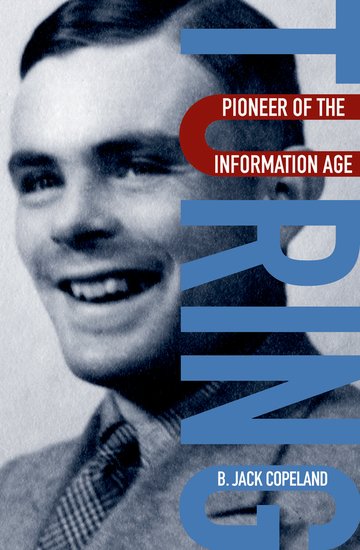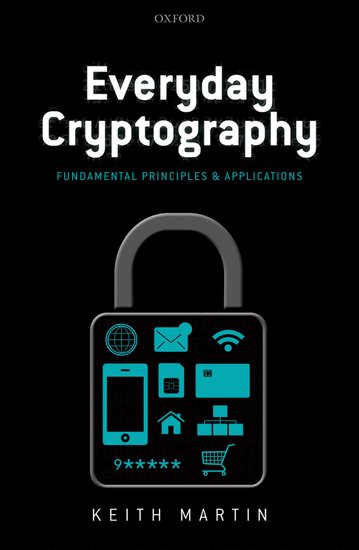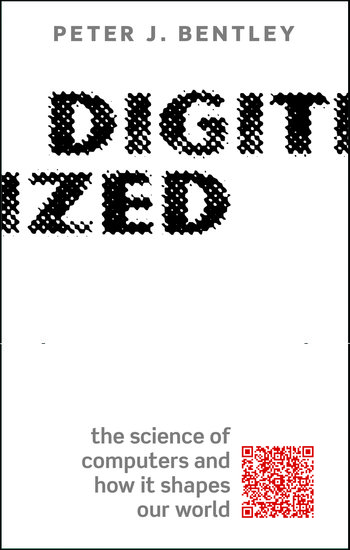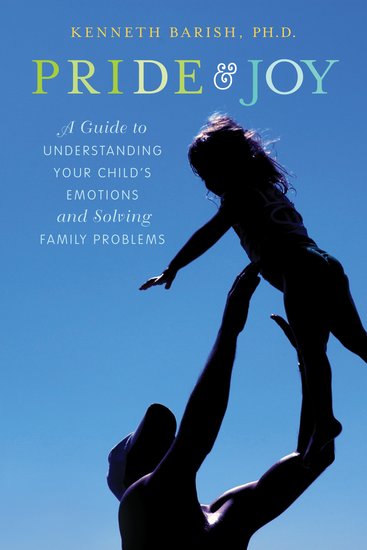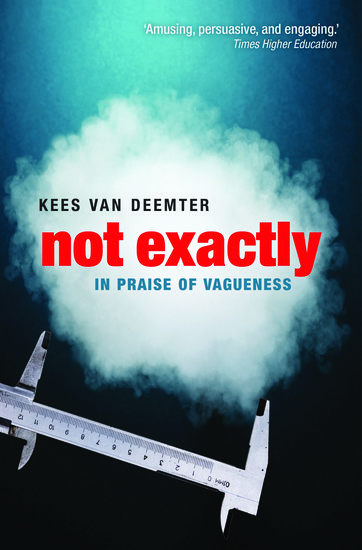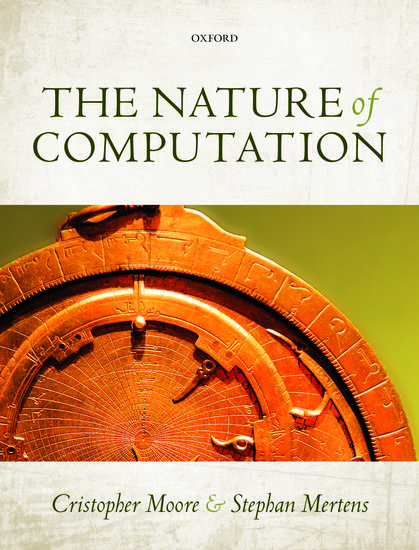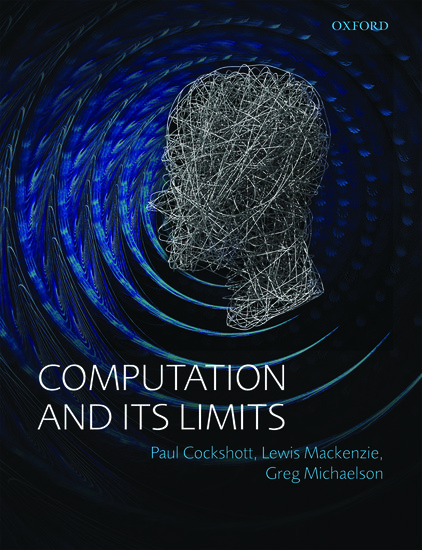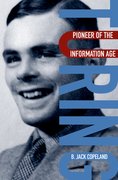Alan Turing and evil Artificial Intelligence
In November 2017, the Future of Life Institute in California—which focuses on ‘keeping artificial intelligence beneficial’—released a slick, violent video depicting ‘slaughterbots’ [some viewers may find this video distressing]. It went viral. The tiny (fictional) drones in the video used facial recognition systems to target and destroy civilians.





